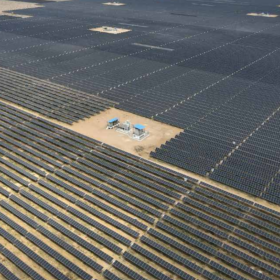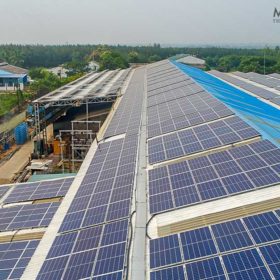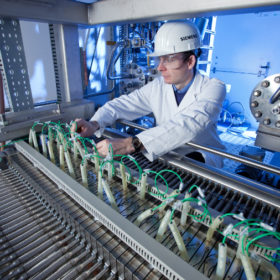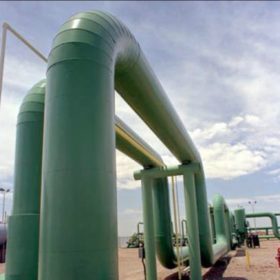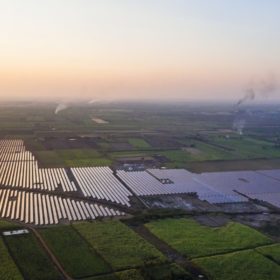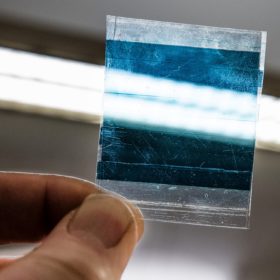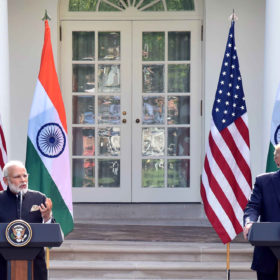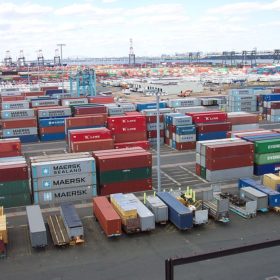Hygenco secures license for Topsoe’s green ammonia technology
Hygenco Green Energies will leverage Denmark-based Topsoe’s technology for its green ammonia plant in Gopalpur, Odisha.
AMPIN, Danish investor CIP expand partnership for renewable energy projects in India
AMPIN Energy Transition and Copenhagen Infrastructure Partners have expanded their existing collaboration with $300 million joint equity investments to enable the addition of 2 GWp of renewable energy projects across India. This new partnership along with the existing one will create a $2.7-3 billion renewable energy asset base in India.
Delhi discom deploys digital data platform for solar energy management
BSES Yamuna Power Limited has deployed a digital solution pilot project that predicts the energy demand at consumption points like electric vehicle charging stations and energy generation capacity at solar rooftops. This will help the utility plan to store excess energy by considering the distribution congestion and commercial aspects.
India, Denmark to fund joint R&D projects on green hydrogen fuels
The Department of Science & Technology, Government of India, and the Innovation Fund Denmark (IFD) have collaborated to fund Indian and Danish researchers on the joint development of green fuels including green hydrogen.
Danish electrolyzer firm Stiesdal next in Reliance new energy plans
Reliance New Energy Solar has signed an agreement with Danish firm Stiesdal A/S to develop and manufacture Stiesdal HydroGen electrolyzers for green hydrogen production in India.
Amp Energy India raises US$ 100 million from Danish investor
Copenhagen Infrastructure Partners and Amp Energy have signed a US$200 million investment pact with each partner committing to $100 million. The investment will allow Amp Energy to add 1.7 GWp of utility-scale and commercial and industrial renewable energy projects.
Danish researchers bring some color to rooftop PV
Scientists led by the Technical University of Denmark have begun a project to design solar cells that can be produced in different colors with minimal effect on performance, making them suitable for building-integrated and other applications with aesthetic considerations.
“Let’s compete on quality and innovation”: Vikram Solar CFO
With India losing major solar markets to stiffer competition from cheaper products, it’s high time to change the game by playing on quality and innovation—according to Vikram Solar Chief Financial Officer Rajendra Kumar Parakh, who spoke to pv magazine on the challenge of shrinking markets before Indian solar manufacturers.
India’s solar cell exports to USA lose preferential treatment
Having acted against Turkey, the Trump administration has removed India too from the list of nations exempt from import tariffs on solar cells and modules.
Big dip in import and export of solar modules and cells
A flying start to the year saw huge volumes of solar cells and modules imported to India but the scale and value of such products fell over the remainder of 2018 and export figures mirrored that trend.

